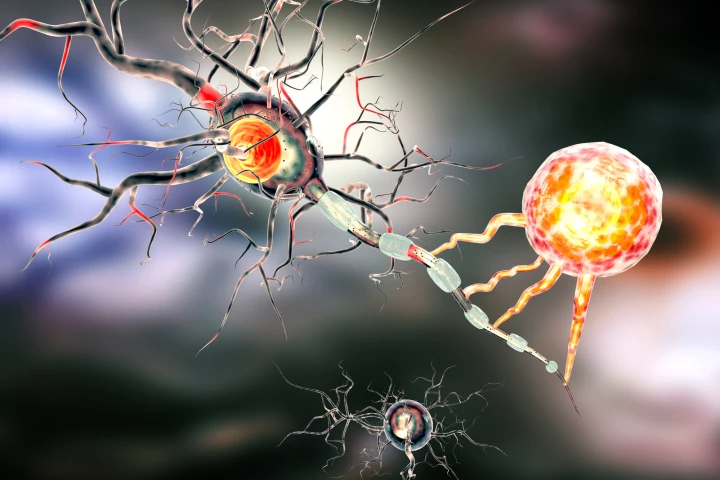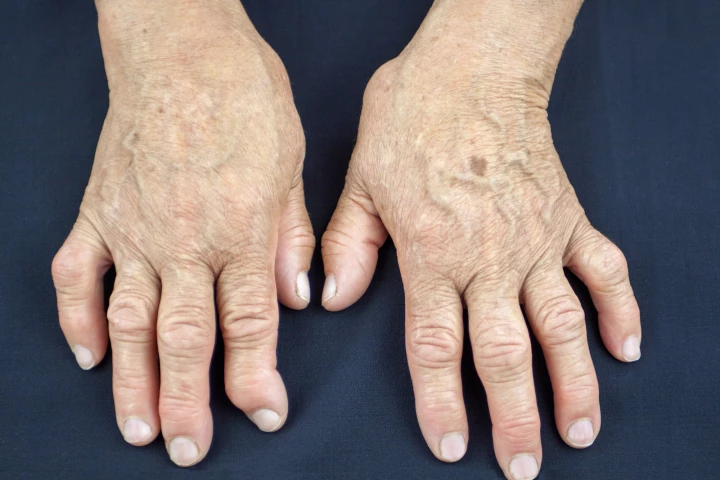Nanoparticles
-
While many goods simply have to be kept frozen until use, some – such as certain vaccines – will break down even if they get warmed but remain frozen. An inexpensive new technology could alert people to the fact that this has happened.
-
One thing that will definitely ruin a wine is an unpleasant aroma. Such malodorous wines could soon be saved, however, with a little bit of help from gold nanoparticles.
-
Removing heavy metal pollutants from water could soon be easier than ever, thanks to an experimental new sponge. With just one treatment, the device brought contaminated water down to safely drinkable levels.
-
MIT scientists have developed a synthetic system that can stem internal bleeding, to help save lives after a traumatic injury. Two components come together at a wound to form a clot, without doing so elsewhere in the body where it might be dangerous.
-
For type 1 diabetics, it's imperative that they maintain healthy blood glucose levels to avoid complications. Researchers have developed a self-adjusting nanoparticle-based insulin that may go some way towards improving blood glucose control.
-
Preeclampsia is a potentially deadly condition amongst pregnant women, but the condition can be difficult to diagnose. Now, Australian researchers have developed a quick, accurate new test using nanoparticle-based technology and novel biomarkers.
-
While three million Americans suffer from a nut allergy, there's little in the way of medical intervention. But in a world first, researchers have taken a cue from the pandemic vaccines and used mRNA technology to help the immune system fight back.
-
Developing effective treatments for genetic lung diseases such as cystic fibrosis has proven challenging. That might not be the case for much longer, with scientists developing a new type of nanoparticle that can carry gene-editing technology directly into the lungs of mice.
-
A new technique using piezoelectric nanoparticles that are activated via bursts of ultrasound has shown promise as a wire-free way to stimulate the brain. It could be used to treat Parkinson's disease and other brain-based disorders.
-
Researchers have developed a new open-source program that can convert drawings or digital models into nanoscale sculptures made of DNA. In tests, the system nailed rounded objects like vases and bowls.
-
While anti-fog sprays work to a certain extent, warming a glass surface is a better way of keeping it fog-free. A new coating material is designed to do so, and it utilizes light-absorbing gold nanoparticles instead of electricity.
-
Immune suppression can help relieve symptoms of autoimmune diseases, but it can cause complications. A new nanoparticle therapy selectively targets problematic immune cells, and was able to significantly delay and even prevent arthritis in mice.
Load More











